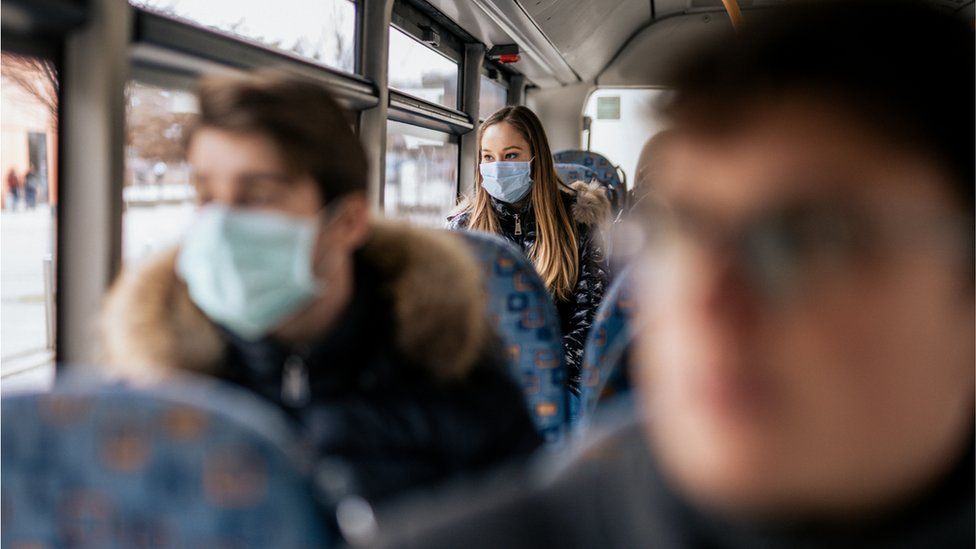
Office for National Statistics (ONS) data released on Friday estimated that about one person in 40 had the virus.
Professor Linda Bauld said there was no need for the “old days of restrictions and panic” with the current variant.
The rise was mostly in adults in their 30s and 40s but there was no evidence vaccines had stopped working, she said.
The latest ONS figures showed an increase from one case in every 50 people in Scotland the previous week.
They also showed small increases in cases in England and Northern Ireland last week, although the virus continues to be less prevalent there than in Scotland.
It is estimated that one in 70 people has the virus in England, compared to one in 65 in Northern Ireland and one in 75 in Wales.
Prof Bauld, a public health expert from the University of Edinburgh, told BBC Radio’s Good Moring Scotland programme the message was “be alert but certainly don’t panic”.
“There is absolutely no evidence that our vaccines have stopped working. We know that they confer good protection and [with] some parts of our immune response that’s a longer-term level of protection,” she said.
“So we’re not going back to the old days of restrictions and panic with this variant we have now. But we do need to be aware that we might be heading into another few weeks where it’s more common for people to become infected with this virus.”
Prof Bauld said the current rise in cases was highest in people in mid-life or their 30s and 40s, and added: “If we see infections in that group, it might spread into others.”
A significant increase could lead to “much stronger advice about wearing face coverings” in busy public places such as buses and trains, she added.
Omicron BA.1 caused a surge in infections across the UK in December and early January, while BA.4 and BA.5 are newer variants that were recently classified by the UK Health Security Agency as “variants of concern”.
Analysis has found both of the newer variants are likely to have a “growth advantage” over other strains.
National clinical director Professor Jason Leitch told BBC Scotland the new variant was a “cousin of Omicron” and was “reacting to people in exactly the same way”.
“The disease is the same – it is mild in vaccinated individuals in the main, but it is getting better at transmission. So every time we add a new number to it, it seems to be better at transmission.”
He said Scotland had to “hold our nerve” with the new variant.
“We monitor and survey how many people have this virus and we deal with those who are severely ill and protect those who are at high risk… and we keep getting vaccinated,” Prof Leitch said
“People are a little bit fed up with repeated vaccination, but in the early stages of a disease that is often what you have to do because the vaccine will build up immunity over time.”
He said there were now 600 people in hospital with Covid, well down on earlier levels, and 20 people died last week.
‘Bad for the economy and workplaces’
Jillian Evans, head of health intelligence at NHS Grampian, told BBC Scotland there was a risk that people who had not had a booster jab for many months “may not be as protected as they could be”.
She said it was “right for people to be concerned about this and we should be vigilant”.
“The most important thing, when you start to see infection numbers rise, is to be prepared for that. Getting up to date with your vaccination is probably the best thing you can do right now,” she said.
“Rising infections means that more people will become ill. Some of them will hopefully just shrug it off after a number of days. Many won’t and many people are suffering much longer now with long Covid.”
Ms Evans added: “That’s bad for individual health, but it’s also bad for the economy and workplaces with constant disruption.
“We should be concerned about this and be vigilant. There are individual actions we can take and mask-wearing in crowded situations indoors is one of them.”






